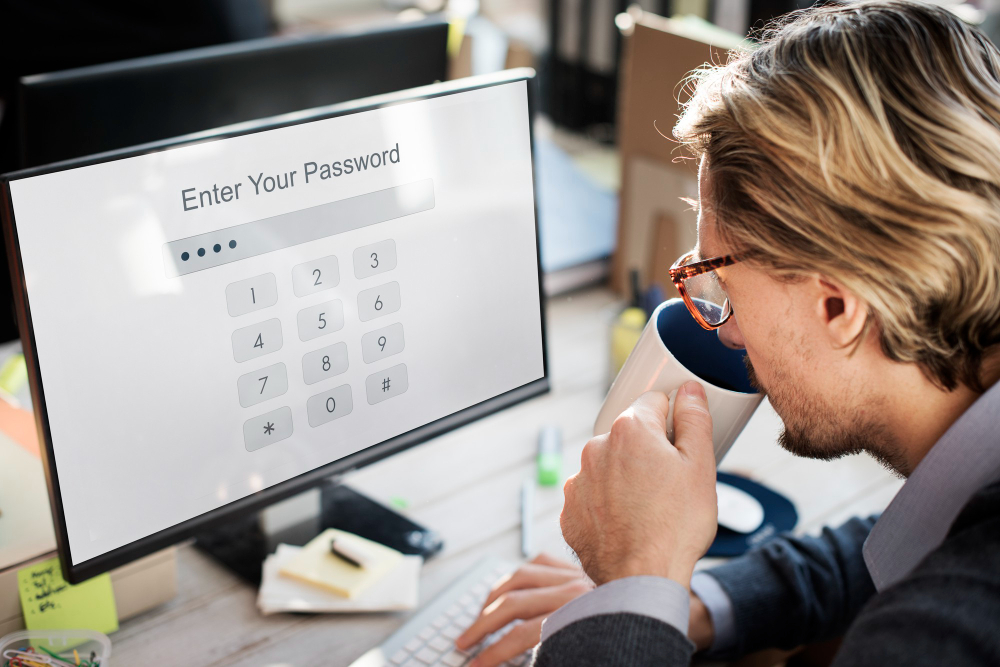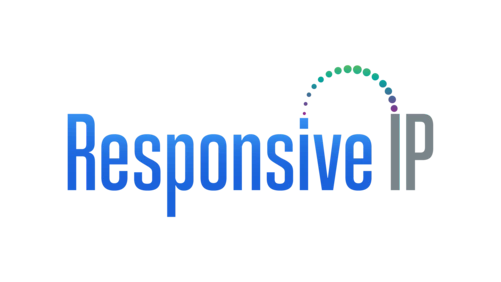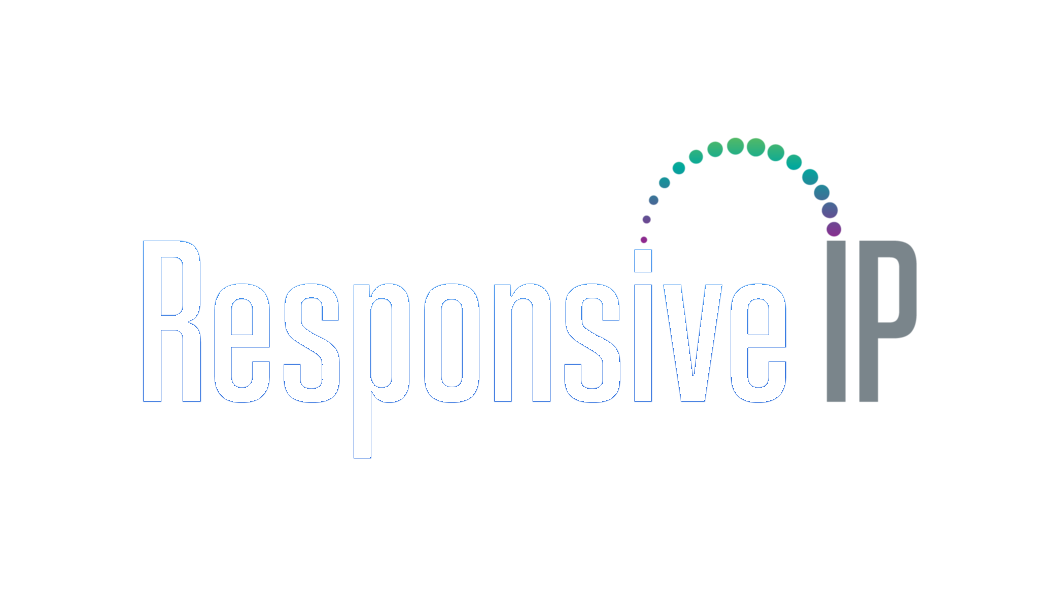How to Unmask a Private Number

Introduction
In today’s digital age, receiving calls from private or blocked numbers has become increasingly common. While these calls may provoke curiosity, they can also raise concerns about privacy and safety. Unmasking a personal number can be essential in certain situations. Still, it’s crucial to proceed with caution and respect for privacy.
What is a Private Number?
Understanding the nature of private numbers is fundamental. These calls intentionally conceal the caller’s identity by blocking their caller ID information. Individuals might opt for this feature to maintain anonymity or protect their privacy. However, in some cases, it could also be used for harassing or malicious purposes.
Methods to Unmask a Private Number
Using Call Return (*69)
One traditional method to reveal a private number is using the call return feature (*69 in many regions). This function lets you dial the last received call, unveiling the previously hidden number. However, its effectiveness can only be improved if the caller intentionally blocks their information.
Contacting Your Service Provider
Another approach involves reaching out to your phone service provider. They might have procedures or services available to assist in identifying the caller behind a private number. Some providers offer specific features or assistance in uncovering blocked or unknown callers.
Utilizing Third-Party Apps
There are numerous third-party apps designed to reveal hidden caller IDs. These applications use various techniques, such as database searches or call forwarding, to unmask private numbers. However, it’s essential to research and choose reputable apps to avoid potential security risks.
Legal Considerations
It’s crucial to note that attempting to reveal a private number might have legal implications. Laws regarding phone privacy and data protection differ across regions. Engaging in specific methods without consent could violate privacy laws or terms of service.
Privacy and Etiquette
Respecting Privacy
While the desire to unmask a private number might be compelling, respecting individuals’ privacy is essential. Some callers may have legitimate reasons for keeping their identity hidden, and attempting to unveil their number without permission could infringe upon their rights.
Legal Implications
Unauthorized attempts to uncover private numbers might lead to legal consequences. Understanding and adhering to phone privacy laws and regulations is crucial to avoid legal troubles.
Protecting Your Privacy
Maintaining your privacy in a world of hidden callers is equally essential.
Using Caller ID Blocking
Take advantage of the caller ID blocking feature offered by most service providers. This function lets you conceal your number when making outgoing calls, safeguarding your privacy.
Alternative Contact Methods
Consider providing alternative contact methods like email or messaging apps to maintain communication without revealing your phone number.
Also Read How to find out who owns a textfree number
Conclusion
Unmasking a private number can be a complex and sensitive matter. While various methods exist, balancing the desire for information with respect for privacy and legal considerations is essential.
FAQs
Can I always unmask a private number using *69?
The effectiveness of *69 to reveal a private number varies. Some callers intentionally block their information, rendering this method ineffective.
Are there risks associated with using third-party apps to reveal hidden numbers?
Using unverified third-party apps might pose security risks or compromise personal data. It’s crucial to research and choose reputable apps.
Can unmasking a private number violate privacy laws?
Yes, attempting to uncover a private number without consent might violate privacy laws or terms of service, leading to legal consequences.
Is it ethical to reveal a private number without permission?
Respecting privacy is crucial. Attempting to reveal a private number without permission may infringe upon individuals’ rights and could have legal implications.
How can I protect my privacy from being revealed as a private number?
Use features like caller ID blocking and provide alternative contact methods to protect your privacy while communicating.

